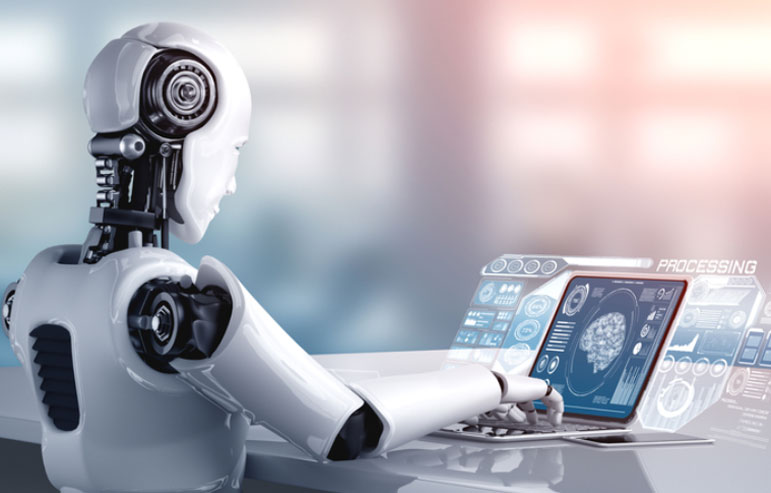Artificial Intelligence and Its Impact on Society
Artificial Intelligence is reshaping society, offering benefits across industries. However, it also presents challenges such as ethical considerations, biases, privacy concerns, and workforce transformation. Society must navigate these challenges responsibly by promoting transparency, inclusivity, and responsible AI practices.

Artificial Intelligence (AI) is transforming society by revolutionizing various aspects of our lives. From smart algorithms to intelligent robots, AI technologies are reshaping industries, influencing decision-making processes, and changing the way we live and work. While AI offers great opportunities, it also raises important societal implications. This article explores the impact of AI on society, discussing its benefits, challenges, and ethical considerations.

Enhanced Efficiency and Automation
AI improves efficiency and automates processes. Powerful algorithms can analyze large amounts of data quickly, uncovering patterns and insights that were previously unimaginable. This is beneficial in healthcare, finance, and transportation.
In healthcare, AI can revolutionize disease diagnosis and treatment planning. Machine learning algorithms analyze medical images, genetic data, and patient records to provide accurate diagnoses and personalized treatment recommendations. This improves patient outcomes and reduces healthcare costs.
Similarly, AI-driven automation streamlines operations and increases productivity. Manufacturing plants use robots to perform repetitive tasks, while businesses utilize AI-powered chatbots to handle customer inquiries. This frees up humans to focus on more complex and creative tasks.
Ethical Considerations and Bias
AI raises ethical considerations. Algorithms learn from the data they are trained on, and if the data contains biases or discriminatory patterns, AI systems may perpetuate those biases in their decision-making.
For example, AI algorithms used in hiring processes may unintentionally discriminate against certain demographic groups if historical data reflects biased hiring practices. Facial recognition systems powered by AI have faced criticism for exhibiting racial and gender biases. Addressing these biases requires careful data curation, algorithm transparency, and diverse perspectives in AI development.

Privacy and Security Concerns
The widespread use of AI raises concerns about privacy and security. AI relies on vast amounts of data, including personal information, to train and improve its performance. This data includes sensitive details like financial records, health records, and online behaviors. Protecting the security and privacy of this data is crucial.
Regulatory frameworks and standards are needed to safeguard individual privacy rights and ensure responsible AI practices. Balancing the power of AI with protecting individual privacy will be an ongoing challenge for society.
Workforce Transformation and Job Displacement
AI has the potential to transform the workforce significantly. While it can automate repetitive tasks, there are concerns about job displacement. Some fear that AI and automation will replace human workers, leading to unemployment and income inequality.
However, technological advancements have historically created new job opportunities. AI may eliminate certain jobs but can also generate new roles and industries. To address potential negative impacts on the workforce, reskilling and upskilling programs must be prioritized to equip individuals with the skills needed for an AI-driven job market.
Conclusion
Artificial Intelligence is reshaping society, offering benefits across industries. However, it also presents challenges such as ethical considerations, biases, privacy concerns, and workforce transformation. Society must navigate these challenges responsibly by promoting transparency, inclusivity, and responsible AI practices. By doing so, we can harness the potential of AI while safeguarding the well-being of individuals and society as a whole.








